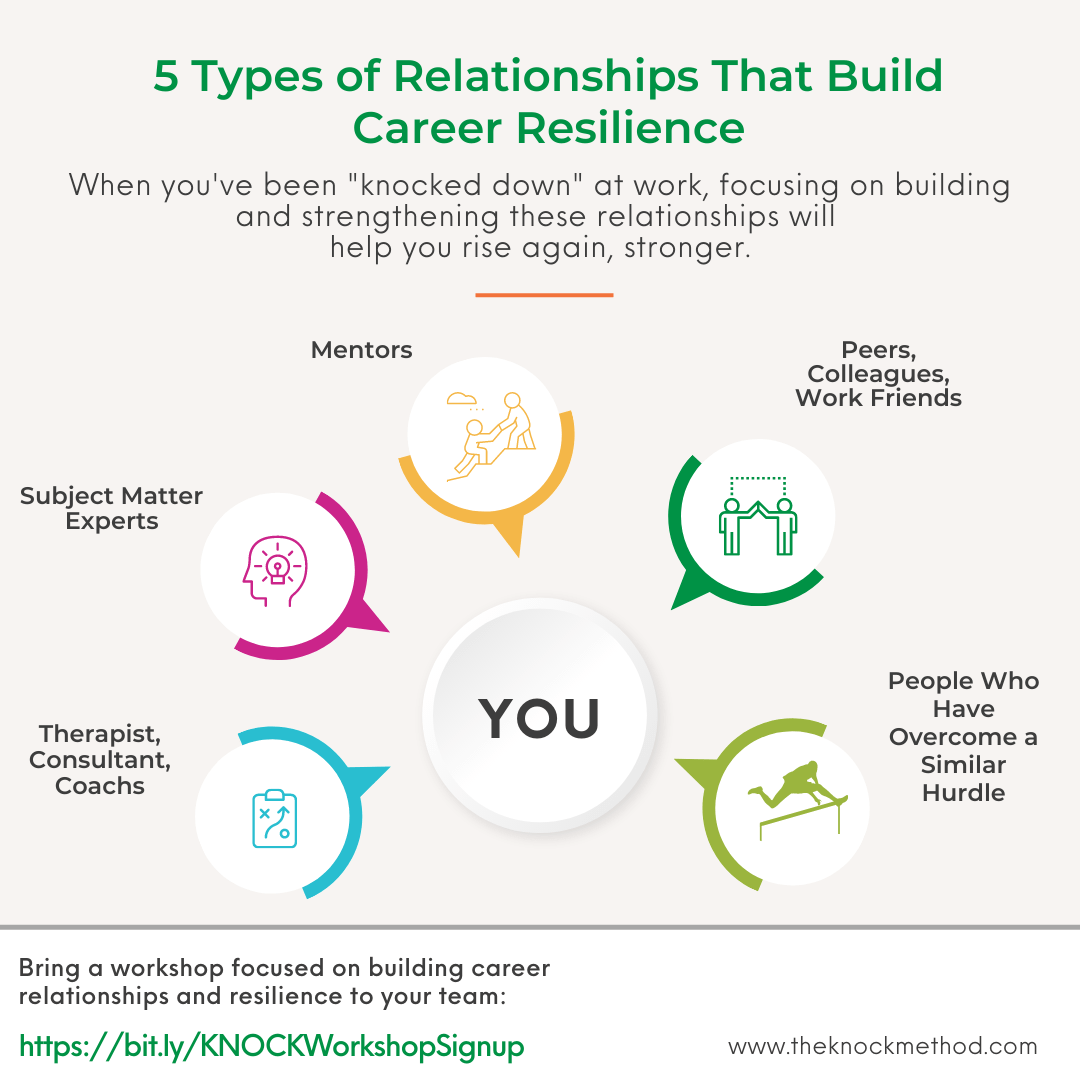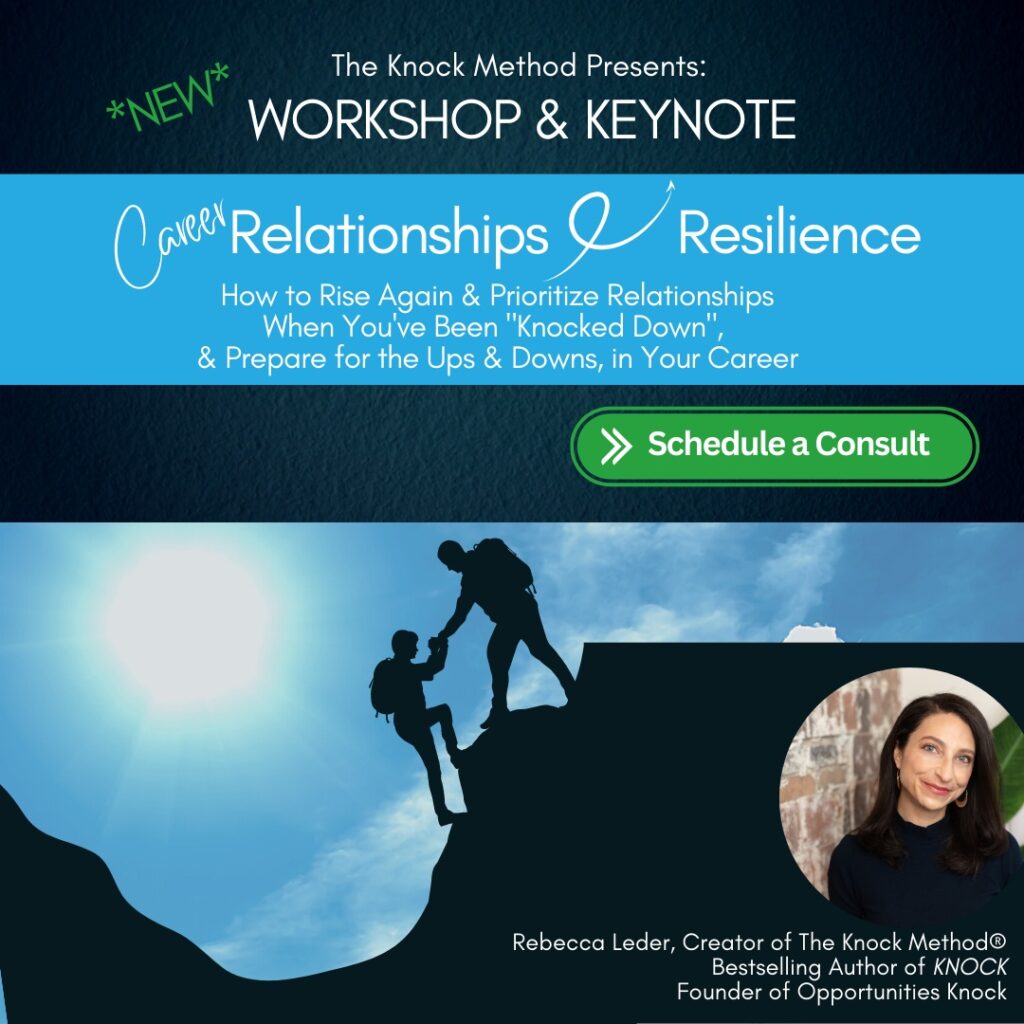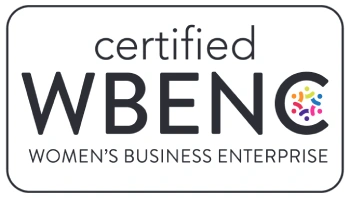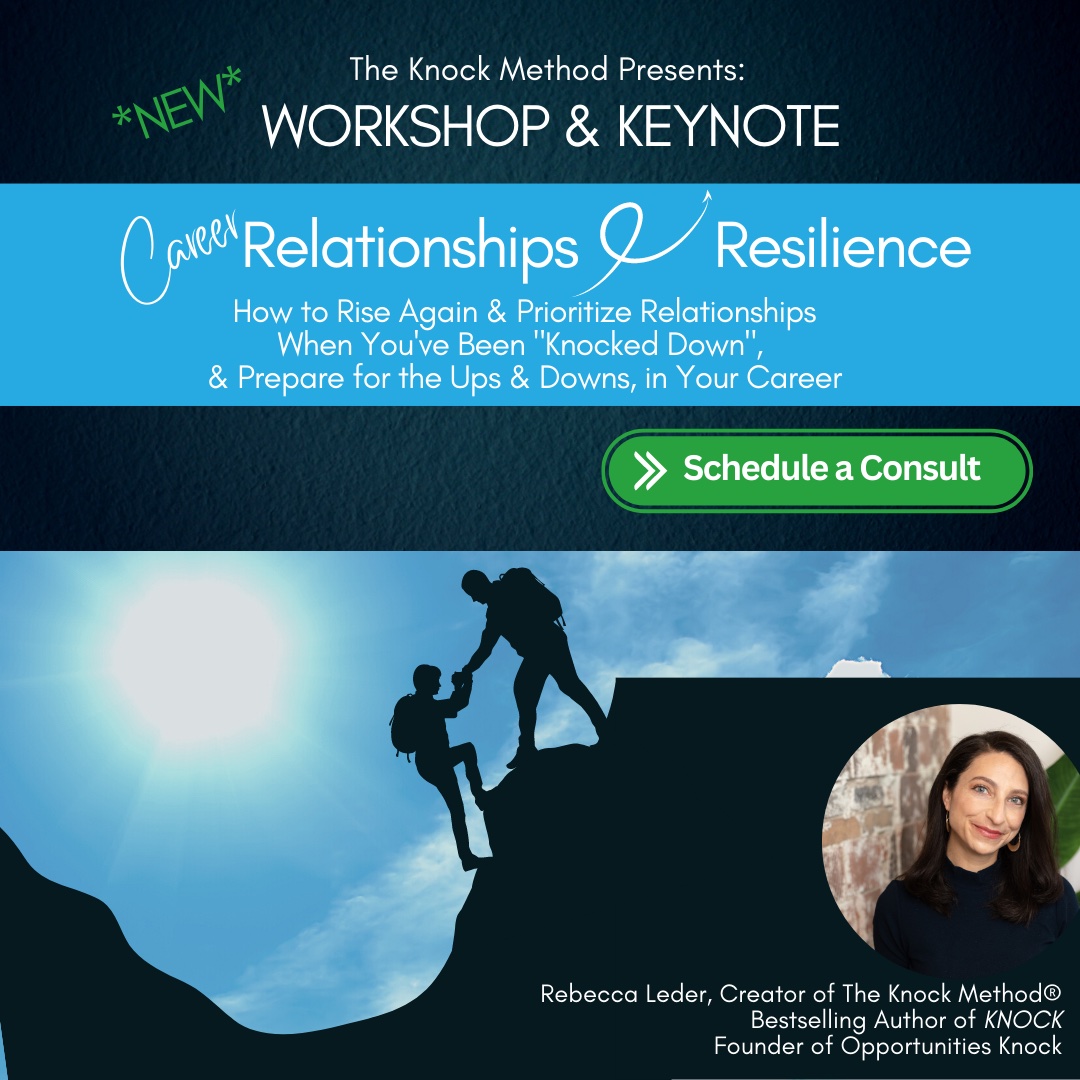How many calls, I mean, Zoom meetings, have you had recently where there was talk of “now that things are getting a little more back to normal, post-pandemic…”? So many? Me too. And, have you noticed the doubtful voice inflection at the end of that sentence? Me too.
Many of us are skittish about what this post-pandemic world looks like, especially when it comes to work. We don’t know what the “new normal” is and if we’ve arrived there, and how we’re even doing. It’s hard to think about how we show up to work, and what it means to bring our “best selves” to work when we’re walking around with a rounding-the-corner up-sloping voice inflection feeling?
There’s an ongoing tug-of-war about remote vs. hybrid vs. in-person work, and the reality is that different arrangements work best for different individuals. Opinions around this matter are not consistent.
Meanwhile, many individuals are suffering job loss with layoff announcements circulating Linkedin and news headlines daily.
Uncertainty is a prominent, consistent theme right now. But, so is the expectation to be resilient.
To “bounce back” from ALL that our world has witnessed and experienced, and in many cases, suffered over the past couple of years, sounds nice, but oh-so-unrealistic.
How can you recover, heal, or even think about putting steps in place to build resilience, reground yourself, and feel steady and stable, when we still feel shaky?
Imagine you’re a baseball player, standing right behind Home Base on the baseball field. You have decades of experience playing ball and you bring all of that with you every time you plant your feet and prepare to swing the bat. Instead of a pitcher throwing baseballs your way, a baseball pitching machine is automatically projecting baseballs at you–quickly. So quick, in fact, that you don’t have time to spot the ball, position your body, strategize the power in your swing, and swing the bat before the next one comes your way. They just keep coming, and you can’t keep up.
We all need a minute (or many minutes), yet it’s hard to stop and take a breath to reorient. To plant one foot forward, steadily, on the way to resilience.
Some believe, just keep moving forward. But, if you move forward with uncertainty for too long, without setting direction and grounding yourself, with support, you may end up somewhere far from where you intended to go, causing you to have to go many steps back and starting on a new path. This isn’t necessarily the wrong way – after all, you are in motion, and that’s better than staying still in an uncomfortable spot for too long (perhaps).
Why am I writing and teaching about resilience?
Over the past 2 weeks, five people have reached out to me, one expressing extreme burnout that’s impacting their health and family life, another lost their job. One is expending so much energy at work without much fulfillment or financial gain, and one whose their morale is low because their company is not headed in the right direction and they lost their manager, so they don’t feel secure or happy. Each one of these individuals is trying to regain their footing, reground, and build resilience.
If you’re interested in career coaching, with a focus on building strategic professional relationships and communications, as you navigate career changes and work towards building your meaningful career, let’s chat! Request career coaching, or schedule a 15-minute consult to see if career coaching is right for you.
My favorite definition of resilience is: “a stable trajectory of healthy functioning after a highly adverse event” (Bonanno, 2004; Bonanno, Westphal, & Mancini, 2011, via Positive Psychology).
It’s my favorite because it’s not about “bouncing back” and just getting to a place that’s like before or moving forward as if that tough thing didn’t happen at all. Maybe resilience is less about bouncing back, and more about bouncing, or simply stepping forward with a level-head, and in a way that feels good and right.
I’ve also faced significant unexpected challenges and disappointments in my career, including not getting the job offer I wanted, losing my biggest client, or facing hurdles I had to learn to navigate in contract negotiations with new clients.
A New Career Relationships & Resilience Workshop
And, so, as I work to regain my footing post-pandemic with you, I’ve taken a closer look at the scientific, psychology research on building resilience, and at the resources I leaned on, and steps I took to gain, or regain that “stable trajectory after highly adverse events” to write the new “Uncovered” Chapter of KNOCK on relationships and resilience (Download Now for $3.99), and build a new career development workshop on Career Relationships and Resilience! I’m excited to deliver it to teams who are ready to explore how building high quality career connections can help you recenter and move forward intentionally for individual growth and success, and career and business growth and success.
One note about the topic of resilience at work. Resilience gets talked about a lot. So much so, that we may even tune it out. Resilience also gets described as a state of being where individuals default to optimism, self-advocacy, and matter-of-factness about difficult circumstances that come their way.
And, while we may all want to become more resilient, and to see things with more realistic, sometimes rose-colored glasses when we face difficult circumstances, much of the research on resilience misses out on two critical things this workshop will address:
1) How to build resilience – actual steps to take to regain footing and stability after difficult events at work, and
2) Connection – how cultivating community and connecting with the right individuals can help us venture out on the right course. Much of the steps to building resilience laid out relies on self-reflection and individual mind-shifting work, which is critical, but often misses out on the support factor that is necessary to heal, set direction, and move forward intentionally.
I’ve identified 5 types of professional relationships that help build career resilience, which will be covered in the new workshop. See below and read more on Linkedin about these relationships and how they can help to build career resilience, including a personal anecdote.

Download the new “Uncovered” chapter of KNOCK for $3.99 to commiserate, and gain strength and confidence to move forward in the right direction after facing challenges in your career, plus an included worksheet: Guided First Steps to Take After Being ‘Knocked Down’ in Your Career.
Interested in booking a Career Relationships & Resilience Workshop for your group to connect, heal together, and gain stability to succeed individually, and at work? Request a workshop!




One thought on “NEW WORKSHOP: How Building Career Relationships Builds Resilience”